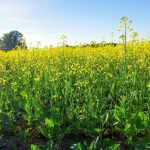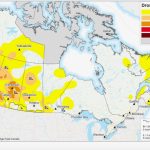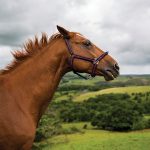The upper ridge that has been in place over much of B.C. and Alberta over the last few weeks looks to remain in place, at least for a few more days. There are some indications of a shift in the overall weather pattern towards a warm and wetter setup. As predicted, an area of low












